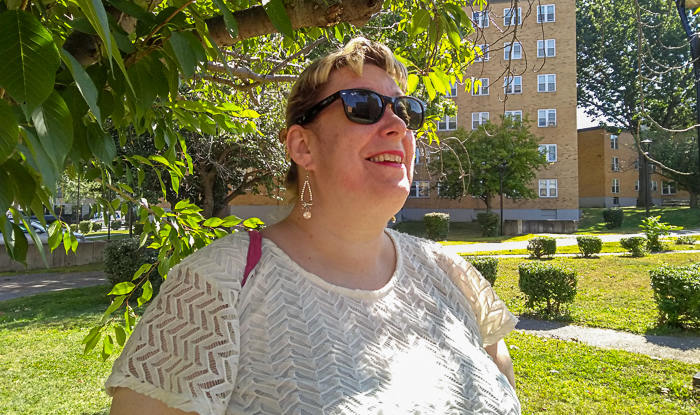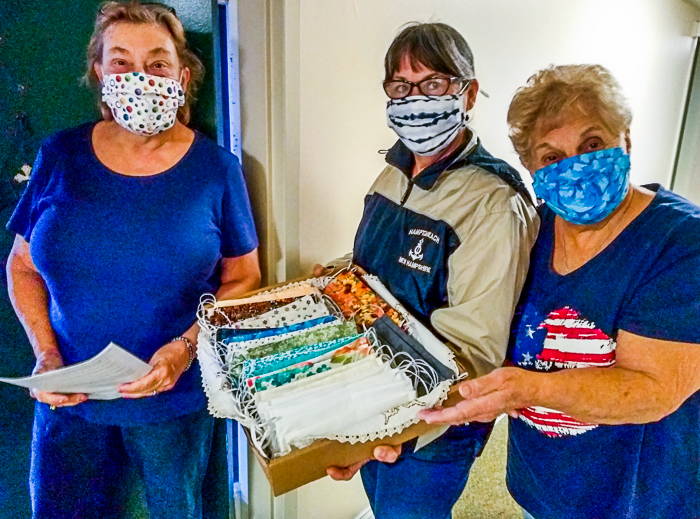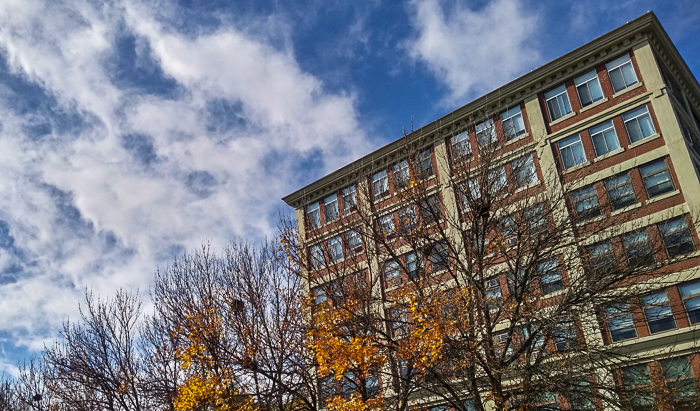“Though we sow in sorrow, yet shall we reap in joy.”

To the Stop Bullying Coalition
Dear Friends and Colleagues,
This is a time of great danger for all of us who are elderly and disabled and live in public and privately owned subsidized housing. We are all at exceptional risk of getting COVID, becoming severely ill, and of death.
Now I have COVID-19, or more precisely, COVID has me; I am 84 and have health conditions so that my risk is great. I have access to excellent medical care, although the health system is under stress and I am working long hours to assure my care.
Tragedy and Hope In Elderly Housing
- Read more about Tragedy and Hope In Elderly Housing
- Log in to post comments
An Open Letter to the Honorable Governor Charles D. Baker on COVID-19
December 8, 2020
The Honorable Governor Charles C. Baker
The State House
Dear Governor Baker,
We urge you to you pay heed to the warnings and counsel of experts in public health and act now to stop the spread of COVID-19, specifically by preventing gatherings that have been shown to enhance the spread, and by ongoing monitoring and enforcement of mandates.
Never Say “Never”

- Read more about Never Say “Never”
- Log in to post comments
An Open Letter to Monica Bharel, MD, MPH, Commissioner of Public Health
December 4, 2020
To: Monica Bharel, MD, MPH, Commissioner of Public Health
c/o Dr. Edward Bernstein, Public Health Council
Dear Commissioner Bharel,
In the Commonwealth, as well as across the nation, the valuable expertise of public health is being ignored, as people heedlessly expose themselves and others to COVID-19.
Alert: A Public Health Crisis Threatens Lives of Elderly & Disabled

To Avert COVID-19 Outbreaks in Elderly Housing

Tenants in housing facilities for elderly and disabled persons are at elevated risk for serious outcomes or death from COVID because their age and other health conditions make them highly vulnerable.
Prevention is the best protection. But in many housing developments, neither management or tenants enforce or follow the best practice protocols for protection and mitigation.
The potential for a COVID disaster affecting elderly and disabled tenants has escalated because of the increased level of infection in many Massachusetts communities.
- Read more about To Avert COVID-19 Outbreaks in Elderly Housing
- Log in to post comments
A Home Safe from COVID

- Read more about A Home Safe from COVID
- Log in to post comments
Why Don’t We Follow Public Health Science?
We know how to protect our housing communities from COVID-19, an infection that can devastate a housing development as it has already devastated nursing homes. But we aren’t following the essentials of public health in housing for the elderly and disabled, or in many other settings.
- Read more about Why Don’t We Follow Public Health Science?
- Log in to post comments
Working Together Against COVID-19 in Multifamily Housing
We must work together to mitigate—to reduce the harm, illness and deaths—that COVID-19 threatens to bring to our housing community. Our success depends on a coordinated effort where everyone works together: landlord/housing authority, management, custodians, social workers, and tenants.
